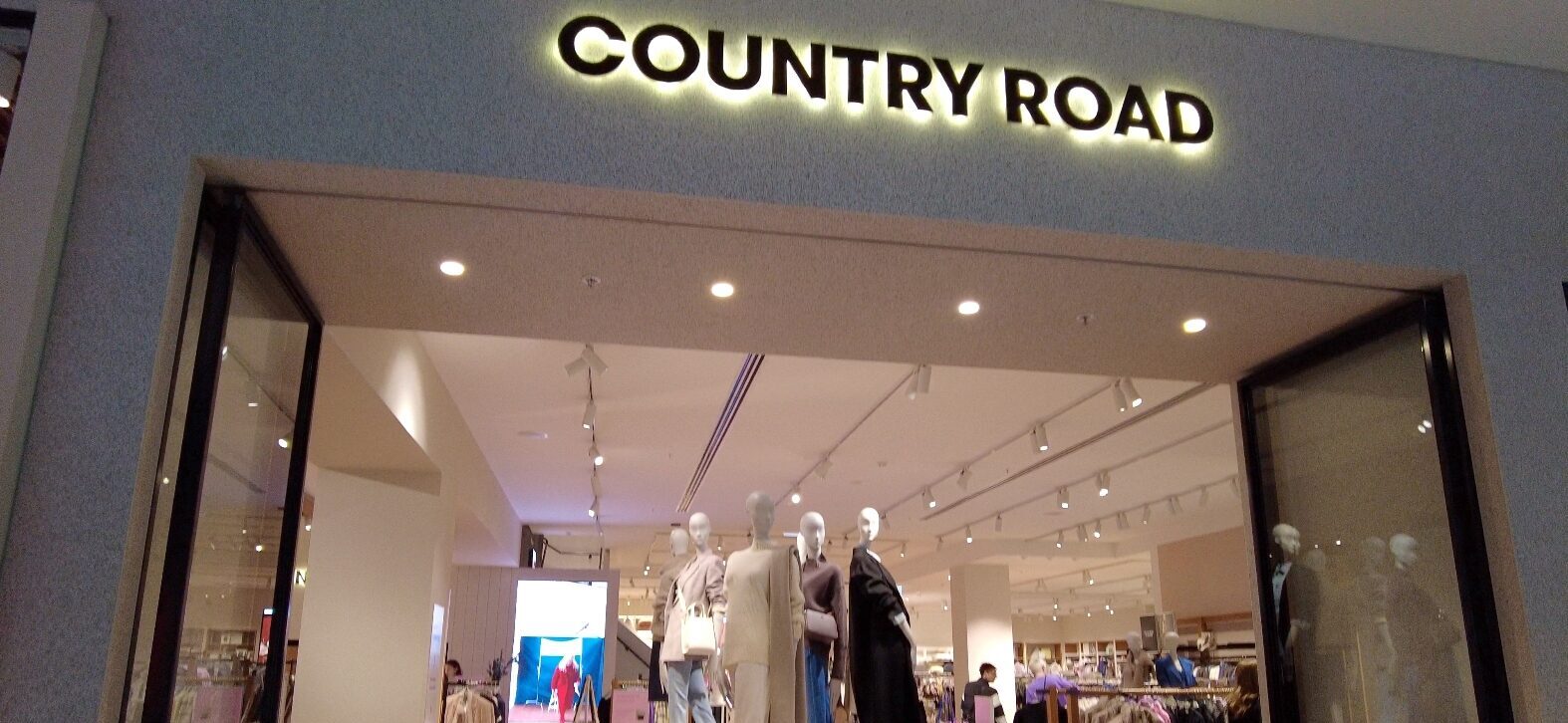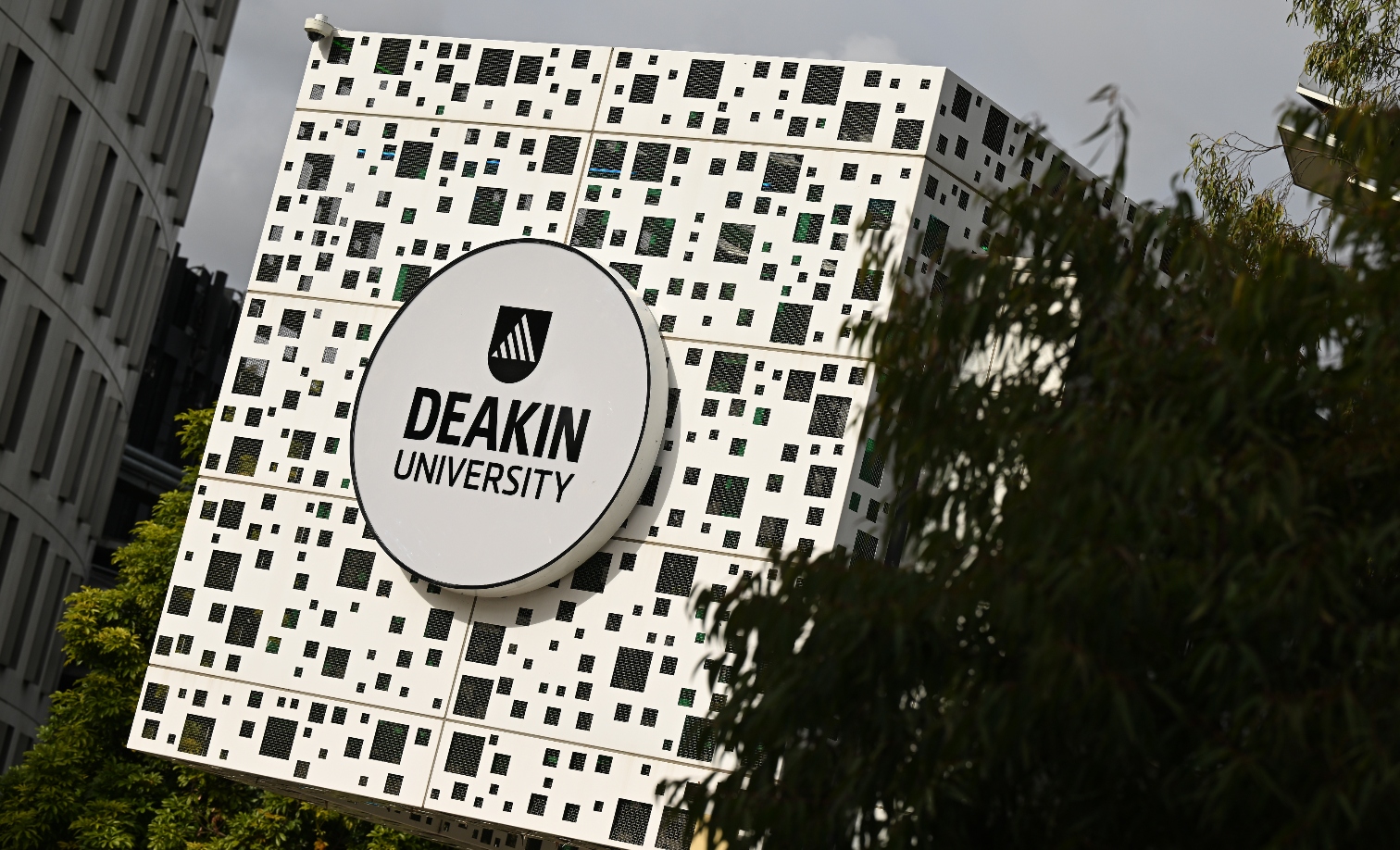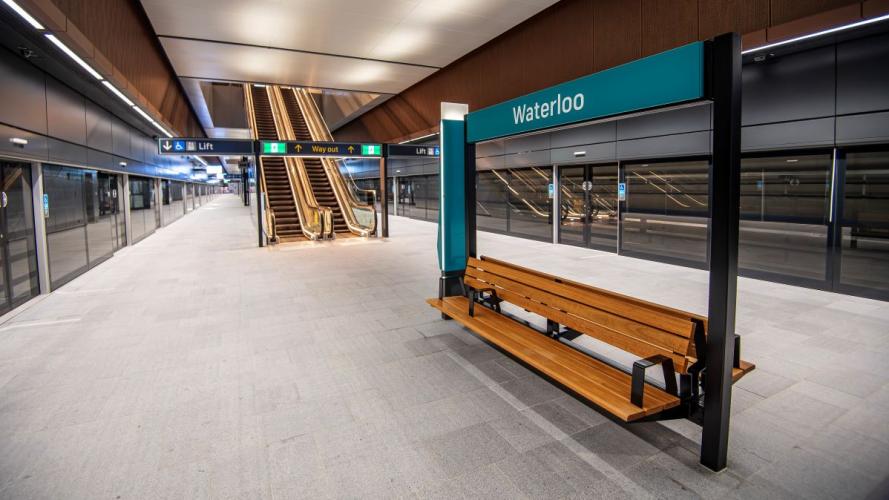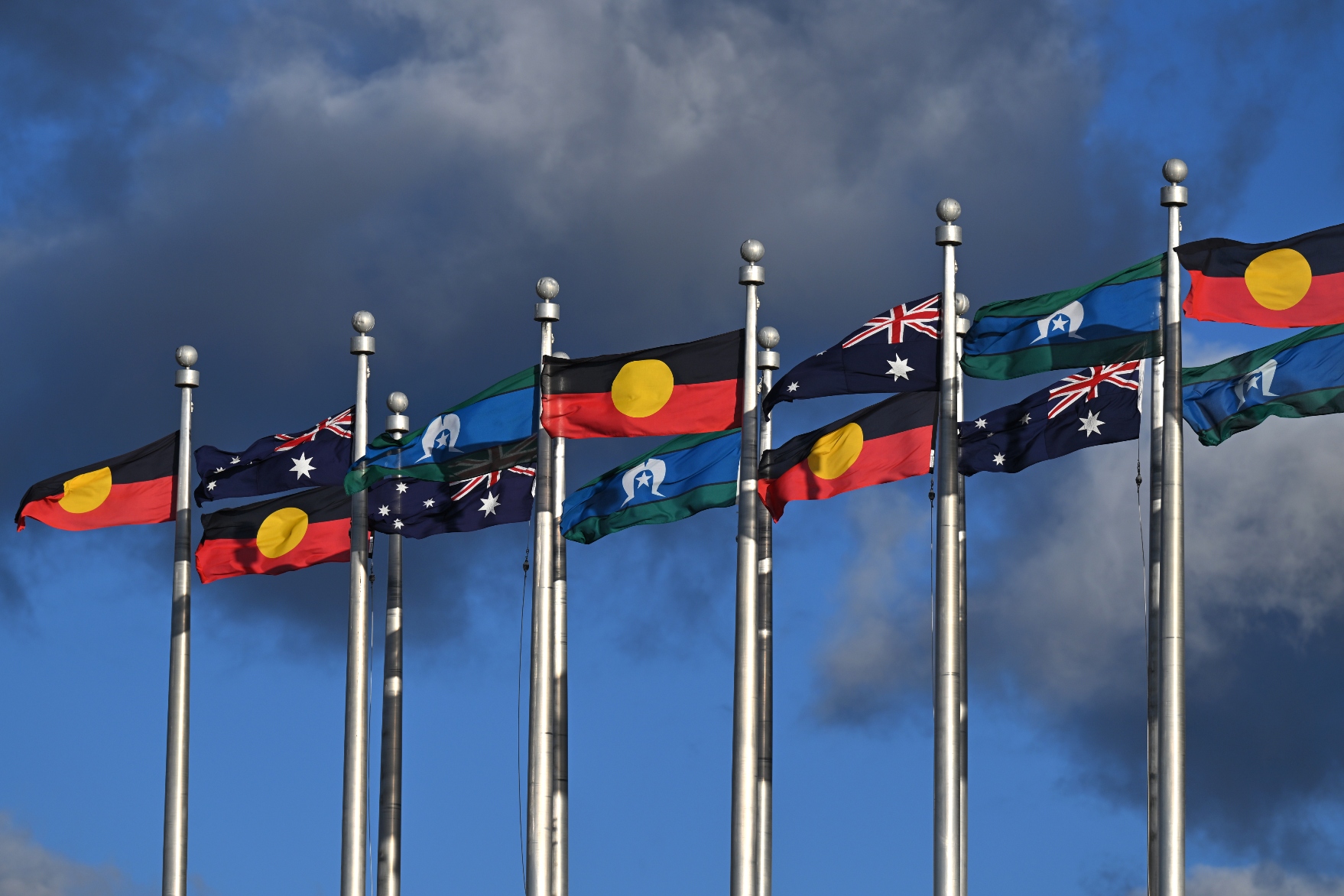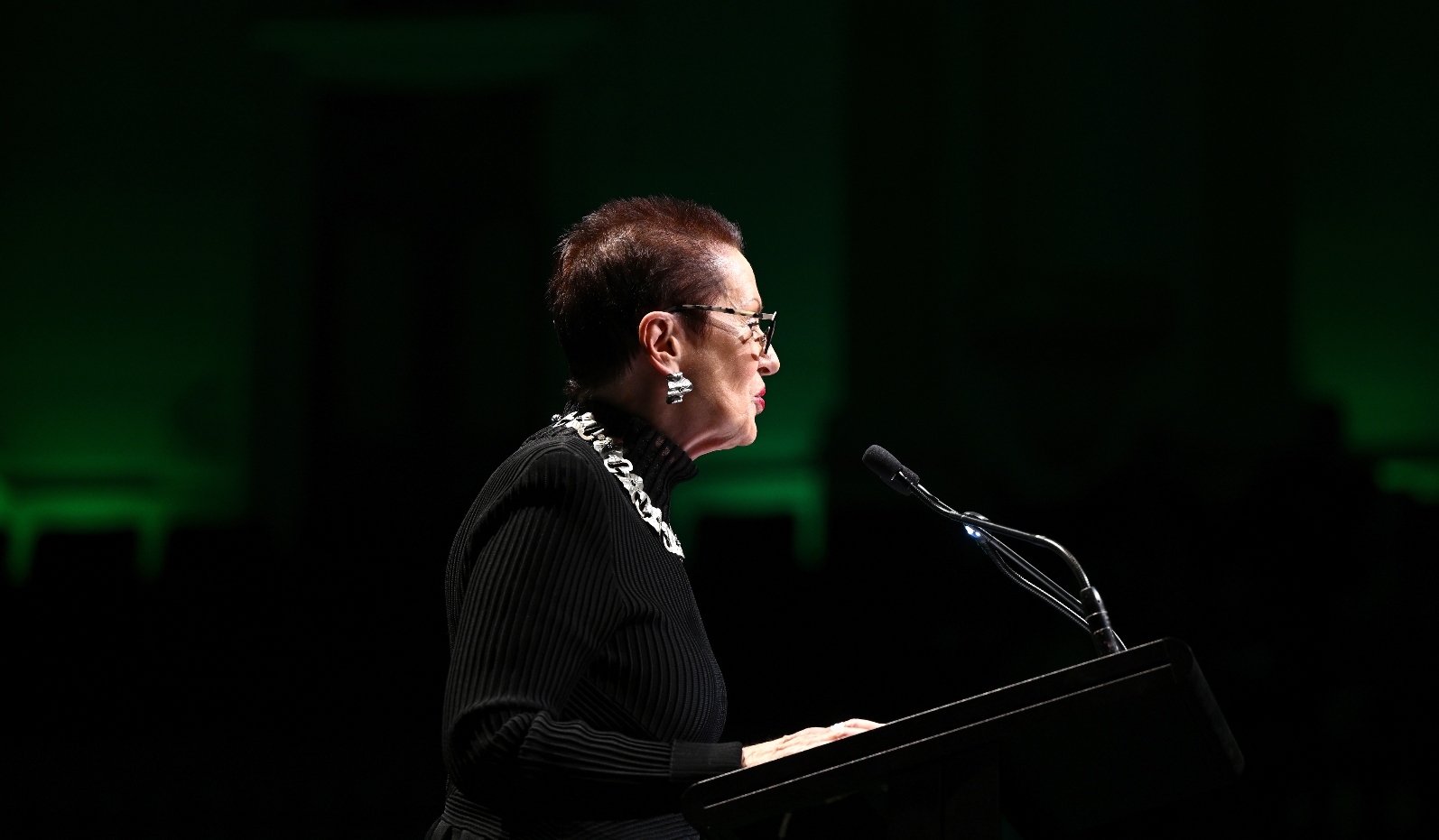
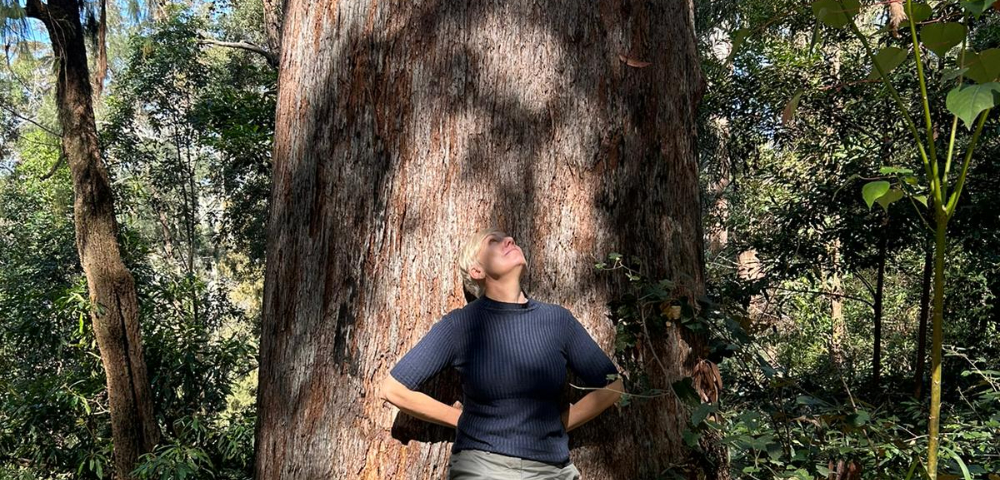
By ROBBIE MASON
Critics have labeled a NSW parliamentary inquiry, exploring infrastructure options for the state’s energy transition, a sham.
On Thursday, the inquiry’s committee released a report on the feasibility of underground transmission lines for the controversial HumeLink project, concluding that the original plan to build overhead transmission lines remains the best option. Crossing farmland and national parks, the power lines will link new renewable projects to the grid and help prevent power shortages across the state.
Premier Chris Minns has confirmed that the NSW government will proceed with overhead power lines, citing the financial cost as a key reason.
“Most estimates indicate that undergrounding those cables is three times the cost of putting them overhead,” he said. “And that’s a cost that will be borne by businesses, households and consumers in NSW. It’s just too much money to pay.”
But a range of committee members from across the political spectrum have come out publicly claiming that the final report does not reflect the evidence provided to the inquiry. The grid upgrade has faced community opposition from farmers, ecologists and engineers amounting to a “bush revolt”, as the headlines in The Guardian read last week.
The report contains dissenting statements from four politicians: Nationals MLC Wes Fang, Liberal MLC Taylor Martin, Greens MLC Cate Faehrmann and Animal Justic MLC Emma Hurst.
Emma Hurst from the Animal Justice Party described the investigation as a “sham inquiry”, while Greens MP and infrastructure spokesperson Cate Faehrmann labelled the inquiry a “missed opportunity” and a pointless “tick and flick” exercise, suggesting the government had made its mind up months ago in favour of the overland option and rushed through proceedings.
Faehrmann said that testimonies presented to the committee were “overwhelmingly against overhead transmission lines.”
“You really have to ask whether government members sat on another inquiry,” she stated.
Hurst told City Hub, “the inquiry gave communities an opportunity to air their concerns and the report then disregarded every one of them.”
Critics told the inquiry that overhead power lines are a fire risk that increase the threat of bush fires and obstruct the work of emergency services during fire fighting operations. Many pleaded with the Labor-dominated committee to account for the impacts of climate change.
The inquiry has brought together a diverse coalition of forces; landowners distressed by the depreciation in land value for properties that fall into the path of power lines and pylons, rural communities troubled by the project’s visual impact and bearing on agritourism, farmers with concerns over biosecurity, aerial spraying and agricultural machinery that rely on GPS technology, forestry companies worried about timber reduction from land clearing and environmentalists saddened by the project’s threat to biodiversity.
A 10-year outlook report released earlier this week by the Australian Energy Market Operator (AEMO) has made it clear that the nation must fast-track its transition to clean energy. The 2023 Electricity Statement of Opportunities highlights the loss of reliability for coal and gas power stations and projected coal plant closures.
Climate Councillor and energy expert Andrew Stock said, “AEMO’s report shows that accelerating the rollout of renewable energy, storage, and transmission projects is key to fortifying Australia’s energy supply.”
“Critical to this transition are not only sources like wind and solar but also supporting technologies like advanced batteries and efficient transmission lines that can bring this generated energy to where it’s most needed.”
But critics have emphasised the environmental destructiveness of overhead transmission lines intended to save the environment. As Animal Justice MP Emma Hurst pointed out, the project will place the habitats of 82 threatened species in jeopardy.
Softwoods Working Group told the committee that installing overhead power lines would result in a loss of nearly 400 hectares of timber plantations and 300 hectares of native forest in the Bago State Forest.
Faehrmann said, “what was crystal clear throughout the inquiry was that Transgrid has no social licence to build HumeLink with massive 500 kV overhead transmission lines.”
Faehrmann hit back at suggesting that critics were attempting to hold back and delay vital infrastructure.
“The Government cannot justify overhead transmission lines for HumeLink because of urgency and then ignore the fact that only underground transmission lines have the social licence to start tomorrow,” she said.
Echoing Faehrmann’s wishes, expressed in her dissenting statement, Hurst said she supports “a further inquiry into this issue where we can properly and fairly look into the issue without being overruled by a Labor majority.”
In 2021, the Independent MP Dr Joe McGirr conducted a survey of impacted landholders. 76 percent of respondents said HumeLink has negatively impacted their mental health.




